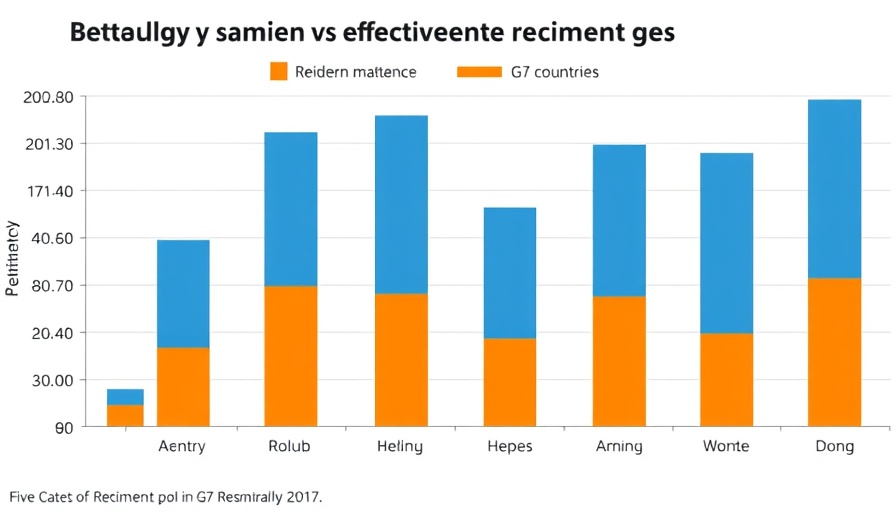
Arkansas Pioneer in PBM Reform: What Every HR Leader Should Know
In a groundbreaking legislative move, Arkansas has initiated a national conversation surrounding Pharmacy Benefit Managers (PBMs) by signing a law that bans these entities from owning or operating pharmacies, effective January 1, 2026. This law, signed by Governor Sarah Huckabee Sanders, is not just a local reform; it sets a precedent that resonates with Human Resources (HR) professionals nationwide. Understanding this change is critical for CHROs, Chief People Officers, and VPs of Talent management as it influences workforce strategy and impacts store costs in employee healthcare.
Why This Reform Matters for Employee Engagement
As businesses grapple with rising healthcare costs, HR has a crucial role in navigating the implications of this new legislation. By improving transparency and reducing hidden fees in PBM contracts, employers can foster a stronger employee trust in their benefits program. This is essential for creating a high-performance culture where employees are engaged and satisfied with their healthcare options, ultimately driving better employee performance and higher retention rates.
Aligning with the New Regulations: Steps for HR Leaders
With the introduction of this reform, HR leaders must proactively audit current PBM arrangements and assess overall vendor performance. This could involve:
- Reviewing contracts to ensure rebates are passed directly to employers
- Exploring alternatives that prioritize pharmacist-led care over maximum rebates
- Benchmarking PBM contract outcomes against HR metrics to drive workforce optimization.
Preparing for the Future of Pharmacy Benefits
The current shift in regulations offers a perfect opportunity for HR teams to rethink their pharmacy benefits strategy. Not only does it present a chance to refine legal compliance, but it also provides a framework to adopt more people-first leadership approaches. This can enhance organizational health and set the stage for succession planning where ERISA compliance is clearly outlined, ensuring fiduciary responsibility is met.
Conclusion: The Call to Action for HR Leaders
As Arkansas sets a new standard in PBM reform, HR leaders must take the initiative to understand and adapt to these regulations. By aligning their workforce strategy with these changes, they can secure cost-effective solutions that not only improve organizational productivity but also enhance overall employee engagement. Now is the time to take action and lead the charge towards transparency and accountability in healthcare benefits.
 Add Row
Add Row  Add
Add 




Write A Comment